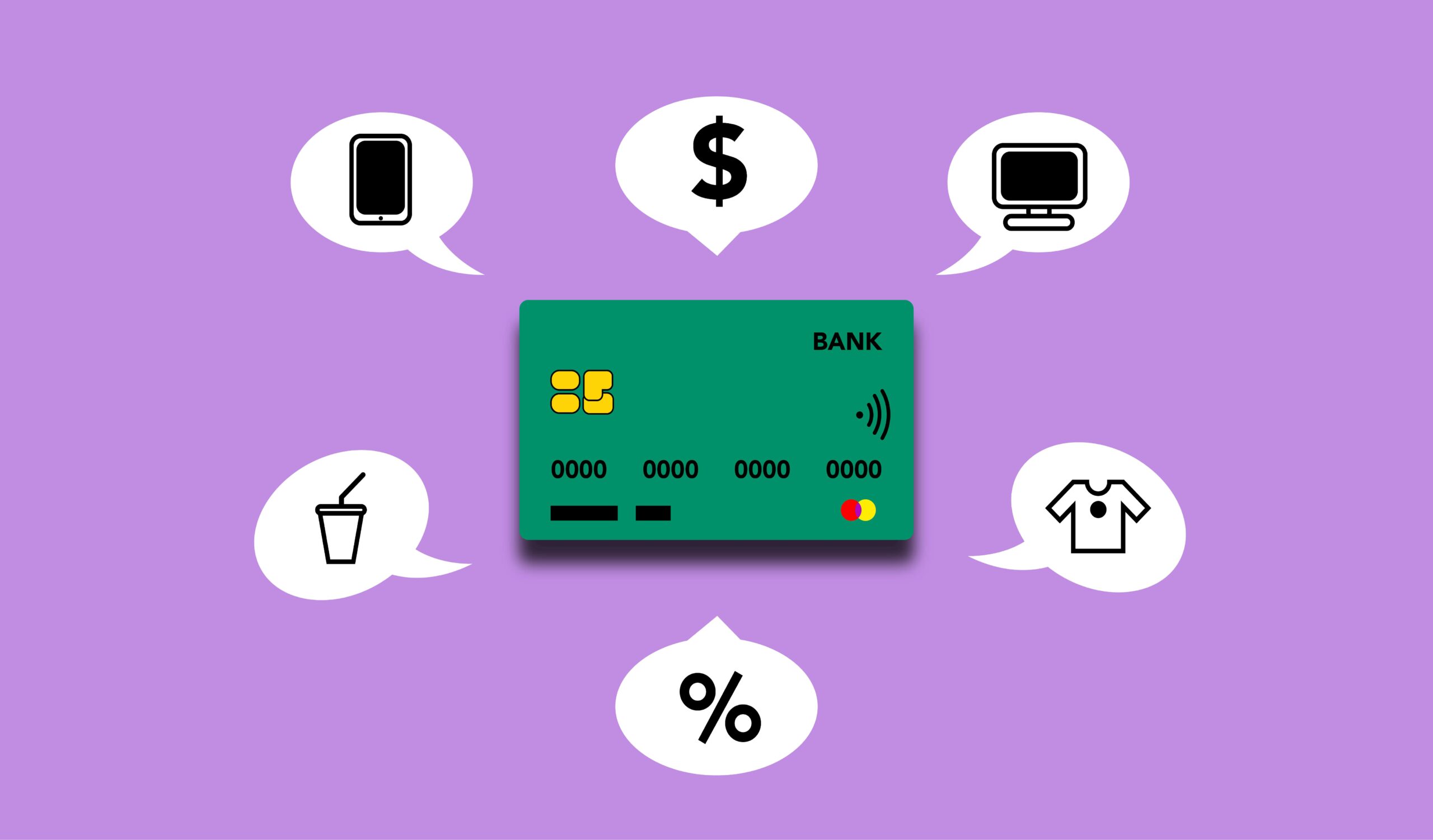Introduction
Best Credit Card Tips & Advices In 2024
In today’s fast-paced financial world, managing credit cards effectively is crucial for maintaining financial health and stability. Credit cards offer convenience, security, and a way to build credit, but they also come with potential pitfalls if not used wisely. Understanding the ins and outs of credit cards can help individuals make informed decisions and avoid common financial traps.

Understanding Credit Cards
A credit card is a financial tool issued by banks and financial institutions that allows users to borrow funds within a specified credit limit to pay for goods and services. The concept of credit cards dates back to the early 20th century, evolving significantly over the years to become an integral part of personal finance. Today, there are various types of credit cards, including secured and unsecured cards, each catering to different financial needs and lifestyles.
Applying for a Credit Card
Before applying for a credit card, it’s essential to understand the eligibility criteria set by issuers. Factors such as income, credit history, and employment status play a significant role in the approval process. Prospective applicants should also consider their financial habits and choose a card that aligns with their spending patterns and goals. Researching and comparing different credit cards can help in making an informed choice that offers the best benefits and lowest costs.
Credit Card Approval Process
The approval process for a credit card typically involves several steps, including submission of an application, credit check, and verification of personal and financial information. Understanding the common reasons for rejection, such as poor credit history or insufficient income, can help applicants improve their chances of approval. It’s advisable to check one’s credit score and rectify any issues before applying for a credit card.
Credit Card Terms and Conditions
Navigating through credit card terms and conditions is crucial for avoiding unexpected charges and penalties. Key terms to understand include interest rates, annual fees, grace periods, and other charges like late payment fees and foreign transaction fees. Familiarizing oneself with these terms helps in making better financial decisions and avoiding unnecessary costs.
Using Your Credit Card Wisely
Using a credit card responsibly involves budgeting, tracking expenses, and setting spending limits. It’s important to treat credit card spending as real money and avoid the temptation to overspend. Regularly reviewing statements and keeping track of transactions can help in managing finances better and staying within budget.
Benefits of Credit Cards
Credit cards offer numerous benefits, including rewards programs, the ability to build a good credit score, and enhanced convenience and security compared to cash. Rewards programs can range from cashback offers to points and travel miles, providing value for everyday spending. Additionally, responsible use of a credit card helps in building a positive credit history, which is essential for obtaining loans and other financial products in the future.
Common Pitfalls and How to Avoid Them
Credit cards can lead to financial trouble if not used properly. Common pitfalls include overspending, accumulating high-interest debt, making late payments, and falling victim to fraud. To avoid these issues, it’s important to spend within limits, pay off the balance in full each month, stay vigilant against fraud, and be aware of the fees and charges associated with the card.
Understanding Credit Scores
A credit score is a numerical representation of an individual’s creditworthiness, calculated based on their credit history. Credit scores are influenced by factors such as payment history, credit utilization, length of credit history, and types of credit used. Understanding how credit scores are calculated and the impact of credit card usage on these scores can help individuals manage their credit more effectively.
Improving Your Credit Score
Improving a credit score involves making timely payments, keeping credit utilization low, and regularly checking credit reports for errors. Consistently paying bills on time and reducing outstanding debt are key strategies for boosting a credit score. Additionally, regularly reviewing credit reports helps in identifying and rectifying any inaccuracies that could negatively impact the score.
Managing Credit Card Debt
Managing credit card debt requires strategic planning and disciplined financial habits. Effective strategies include prioritizing high-interest debt, considering balance transfers to lower interest rates, and exploring debt consolidation options. Creating a realistic repayment plan and sticking to it can help in gradually reducing debt and improving financial health.
Credit Card Rewards and Benefits
Credit card rewards programs offer various incentives, such as cashback, points, and travel miles, for using the card. To maximize these rewards, it’s important to understand the earning and redemption options available. Some cards offer higher rewards for specific categories like groceries, dining, or travel, so choosing a card that matches one’s spending habits can lead to significant benefits.
Credit Card Fees and Charges
Credit cards come with various fees and charges, including annual fees, late payment fees, and foreign transaction fees. Understanding these fees and finding ways to minimize them can save money. For instance, choosing a card with no annual fee or negotiating with the issuer for a fee waiver can reduce overall costs. Additionally, avoiding late payments and being mindful of foreign transaction fees when traveling can help in managing expenses.
Safety and Security Tips
Protecting credit card information is crucial to prevent fraud and unauthorized transactions. Simple practices like regularly monitoring account activity, using secure websites for online shopping, and promptly reporting lost or stolen cards can enhance security. Additionally, setting up alerts for transactions and reviewing statements regularly can help in detecting any suspicious activity early.
Credit Card Offers and Promotions
Credit card issuers often provide various offers and promotions, such as introductory 0% interest rates, sign-up bonuses, and cashback deals. Evaluating these offers carefully and understanding the terms and conditions can help in taking full advantage of them. However, it’s important to be cautious and not be swayed by attractive promotions that may lead to unnecessary debt.
Credit Card Myths and Misconceptions
There are several myths and misconceptions about credit cards, such as the belief that carrying a balance improves credit scores or that applying for multiple cards at once is beneficial. Clarifying these misunderstandings and educating oneself on the facts can lead to better financial decisions and responsible credit card use.
Credit Card Legislation and Consumer Rights
Various laws and regulations govern credit card usage, protecting consumers from unfair practices. Key legislation includes the Credit Card Accountability Responsibility and Disclosure (CARD) Act, which regulates interest rates and fees. Understanding these laws and knowing one’s rights as a credit card holder can help in resolving disputes and avoiding unfair charges.
Tips for First-Time Credit Card Users
First-time credit card users should focus on building good credit habits early. This includes using the card for necessary expenses, paying the balance in full each month, and avoiding high-interest debt. Establishing a positive credit history from the start can pave the way for better financial opportunities in the future.
The Future of Credit Cards
The credit card industry is continually evolving, with emerging trends and technological advancements shaping its future. Innovations such as contactless payments, mobile wallets, and enhanced security features are becoming more prevalent. Staying informed about these developments can help consumers make the most of their credit cards and prepare for future changes.
FAQs about Credit Cards
Many people have questions about credit cards, ranging from how to choose the right card to managing debt and understanding rewards programs. Providing detailed answers to these frequently asked questions can help in addressing common concerns and guiding consumers towards responsible credit card use.
Conclusion
In conclusion, credit cards can be a powerful financial tool when used responsibly. By understanding the terms and conditions, managing spending, and staying informed about the latest trends and best practices, individuals can maximize the benefits of credit cards while avoiding common pitfalls. Responsible credit card use leads to better financial health, improved credit scores, and greater financial opportunities.
